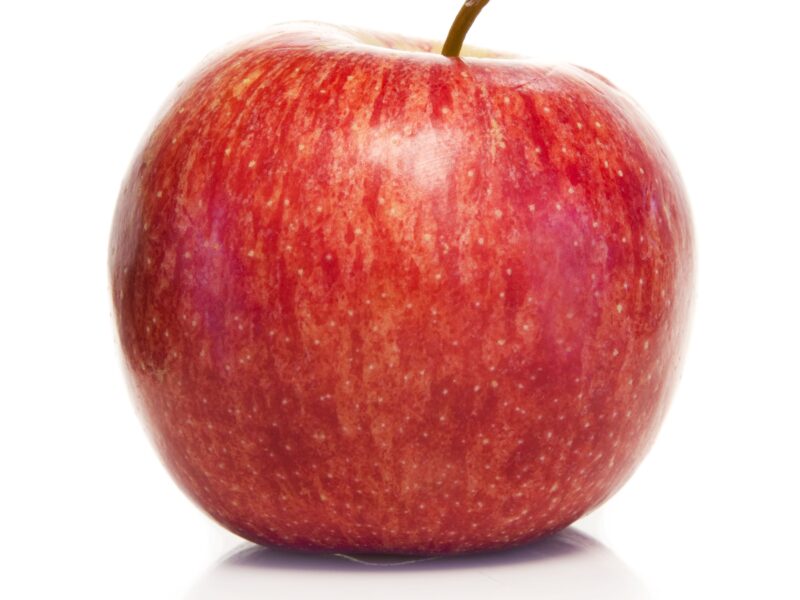Apples are one of the most popular and widely cultivated fruits in the world. They are not only delicious but also have a long history of cultivation, symbolic significance, and health benefits.
Taxonomy and Varieties
- Apples belong to the genus Malus and come in a wide variety of species and cultivars. Some popular apple varieties include Gala, Granny Smith, Fuji, Red Delicious, and Honeycrisp, each with its unique flavor and texture.
Nutritional Profile
- Apples are a good source of essential nutrients, including dietary fiber, vitamin C, and various antioxidants. They are low in calories and fat, making them a healthy addition to your diet.

Health Benefits
- Dietary Fiber: Apples are rich in dietary fiber, particularly pectin, which can aid in digestion and help maintain regular bowel movements.
- Antioxidants: Apples contain antioxidants like quercetin and catechin, which may have various health benefits, including reducing the risk of chronic diseases and improving heart health.
- Weight Management: The fiber and water content in apples can promote a feeling of fullness, which may aid in weight management.
- Oral Health: Chewing apples stimulates the production of saliva, which can help reduce the risk of tooth decay.
- Heart Health: Regular consumption of apples may be associated with a reduced risk of heart disease due to their potential to lower blood pressure and cholesterol levels.
Culinary Uses
- Apples are incredibly versatile in the kitchen. They can be eaten fresh as a snack, sliced into salads, or used in various dishes, both sweet and savory.
- Common preparations include apple pie, applesauce, apple crisps, and apple butter.
- Apples are often used in salads to add a sweet and crunchy element.
Apple Cider and Apple Juice
- Apples are used to make a variety of beverages, including apple cider and apple juice. Apple cider is often enjoyed during the fall season and is sometimes fermented to make hard cider.
Symbolic Significance
- Apples hold symbolic importance in many cultures. They are often associated with knowledge and temptation, such as the biblical story of the forbidden fruit in the Garden of Eden.
- Apples are also a symbol of love and gratitude and are commonly given as gifts.
Apple Orchards
- Apples are grown in orchards in many parts of the world. Apple picking is a popular fall activity in many regions, where families visit orchards to pick their own apples.
Harvest Seasons
- The harvest season for apples varies depending on the variety and location, but it typically occurs in late summer through early autumn.
Apple Storage
- Apples can be stored for several months if kept in a cool, dark place. Some apple varieties, such as Granny Smith, are known for their long shelf life.
Genetic Diversity
- Apples have a remarkable genetic diversity, and various types have evolved over centuries due to cultivation and crossbreeding.
Apples are not only a delightful and versatile fruit but also offer numerous health benefits. They have a rich cultural and historical significance and are enjoyed in a wide range of culinary applications. Whether eaten fresh or incorporated into various recipes, apples are a popular and nutritious choice for people of all ages.










